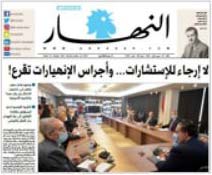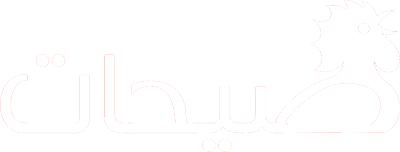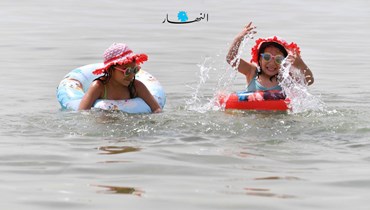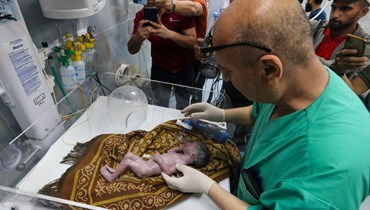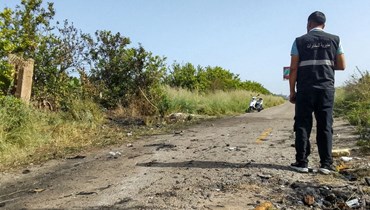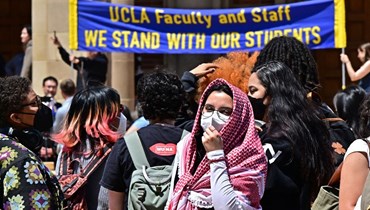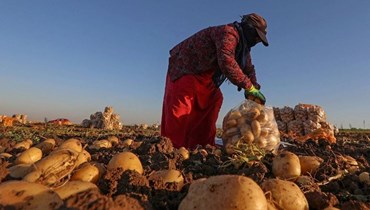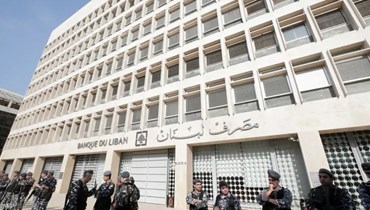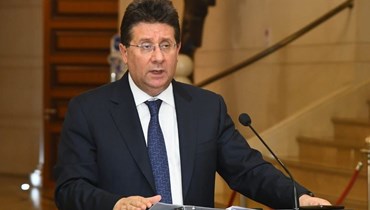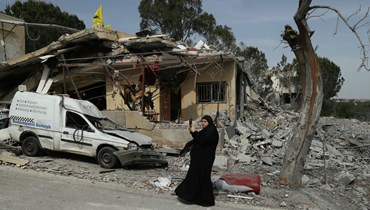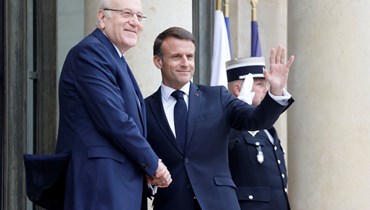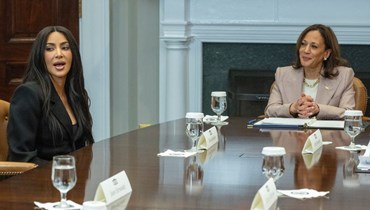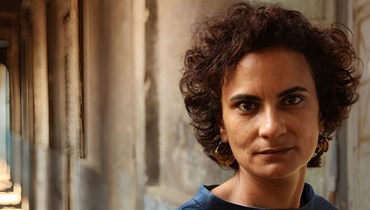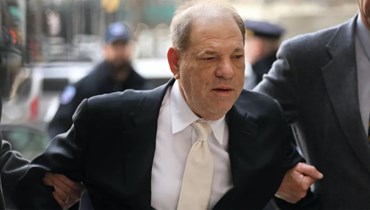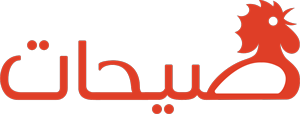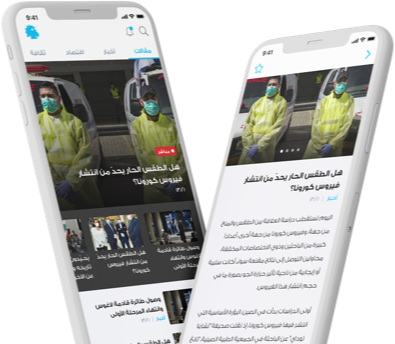Political Science for Elementary Students
Carol Malouf Khattab*
Political parties are crucial for a healthy political life in any democratic country and if we are ever to see any political change in Lebanon, it has to come from within the established parties. In order for that change and reform to happen, Political Science should be introduced to the curriculum as early as elementary school in a simplified, scientific and informative manner. Just as we need to raise doctors, lawyers and engineers, we also need to raise politically aware and socially responsible citizens who are able to make informed political decisions long before joining the political life.
Citizens who do not know the definition of democracy are unable to practice it. Citizens who do not understand terms like accountability, impunity and rule of law are unfit to vote. Citizens who do not know their constitution and the importance of the role of parliament, the separation of power, the executive branch’s duties and the independent judiciary will never be able to bring about any change.
The only way to fight dogma, sectarianism and clientism is by introducing political education at a very young age and while there is a lot of controversy around revising, unifying and updating ‘the history book’ to include the civil war years, it becomes extremely important for our students to understand political notions, terminology and concepts that are key in shaping their future if they were to live in a democratic pluralistic country such as Lebanon.
My elementary school years were in Lebanon during the civil war, my high school years were under Syrian hegemony and my undergraduate studies during the Rafic Hariri era. When it was time for my higher education, I decided to study abroad. I pursued a Master Degree in Middle East politics in the UK and the hardest thing I had to face in class was hearing criticism of the political demi-Gods we were taught to worship while growing up in Lebanon. I would feel a gulp in my throat every time a favored political leader of mine was referred to as a war lord and how he was responsible for the death of so many people. Facing my internal political demons and learning how to think instead of what to think was the biggest lesson I learnt that year.
A few years later I had the opportunity to lecture at one of Lebanon’s top universities in political science, contemporary history of Lebanon and the Arab Israeli conflict. I noticed that students are politically driven by dogma, religion and ignorance. They reminded me of myself a few years earlier. What is potentially dangerous about them is their arrogance, for each one of them believes that he or she holds the ultimate truth, that they are right and everybody else is wrong and they are willing to do anything to defend their beliefs and their demi-God. They are not willing to engage in dialogue or listen to a different point of view. What is even more alarming is that most of them staunchly defend their political party while being totally ignorant about its political ideology and its history as seen by local and international scholars.
They dread the thought of walking into the history class as it reminds them of the boring lessons they took at school about the Ottomans and the Moutasarifia which they were forced to memorize but understood nothing about. Making political history interesting while challenging their beliefs, getting rid of their demi-Gods and helping them face their political opponents through a scientific approach to political science became my calling for four years.
It is important to note that one does not learn politics from fiery talk shows, news bulletins or social media as those are mostly meant to entertain, mislead and misinform. In a society where a handful of people read political books leisurely, many beliefs have been mired with serious misconceptions as solutions for the current crisis facing the country.
There are those who call for federalism but do not understand what it means and how it is applied while others oppose it only because it is linked to a political party’s ideology at the time of war; so to them it is only opposed because it brings back bad memories and not because it is not a viable political solution.
Another notion that has dominated the political rhetoric since the October 17 revolution is the role of civil society. While it is true that civil society has been the backbone of the country for many years, and the NGOs have assisted the government in many social, medical and economic instances, they are not the alternative to political parties as they tend to be more humanistic and less political in their approach to socio-economic matters. Their role is important to create awareness and exert pressure on the politicians but when it comes to political ideology, their role is limited to their field of expertise. While it is true that many politicians around the world have been active civil society members, it was only when they joined well established political parties that they have succeeded to get to power and many have failed while trying to switch hats from civil society to politics without proper distinction.
What is most dangerous in the current crisis is the call for a military coup as a solution for the political and economic crisis. It is the last thing that Lebanon needs at the moment. History has taught us that military intervention is a recipe for disaster to the political and democratic process. The military should always be under the rule of democratically elected civilians or else it tends to be become an authoritarian body that controls every aspect of human life.
Change will happen when politically informed citizens make the right choices in joining political parties, questioning leadership and holding party leaders accountable; no one is a demi-God and no one is above the law. Once those concepts are introduced to young elementary students, only then they will learn to make the right informed decisions as adults.
*Journalist Specialized in Middle East Affairs, University Lecturer & Communication Consultant. Euronews Correspondent in Beirut, previously with Al Jazeera English, Daily Telegraph & CNBC.



 اشترِك في نشرتنا الإخبارية
اشترِك في نشرتنا الإخبارية


